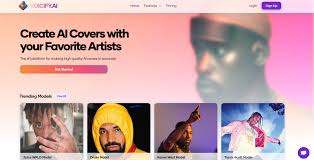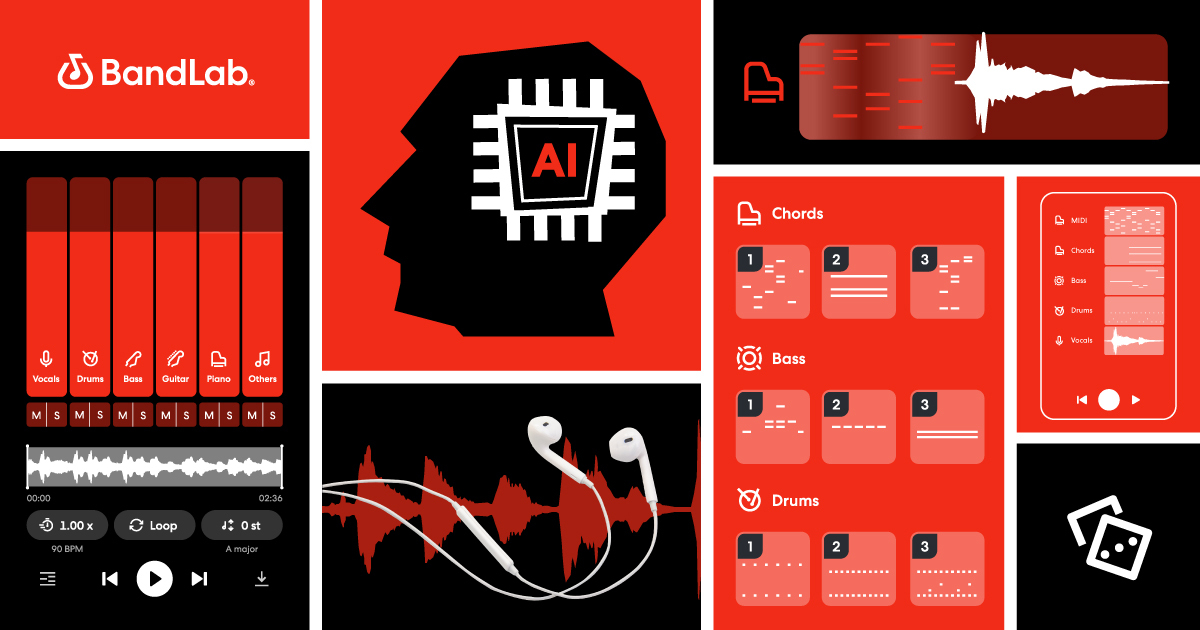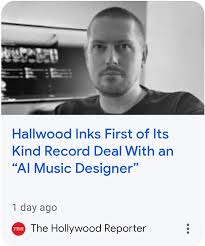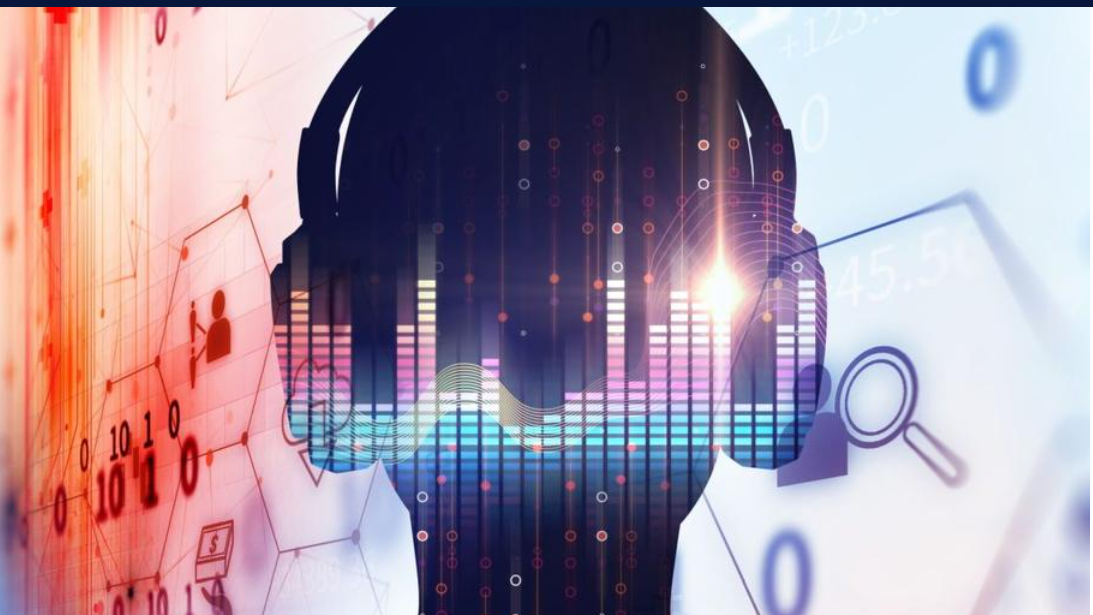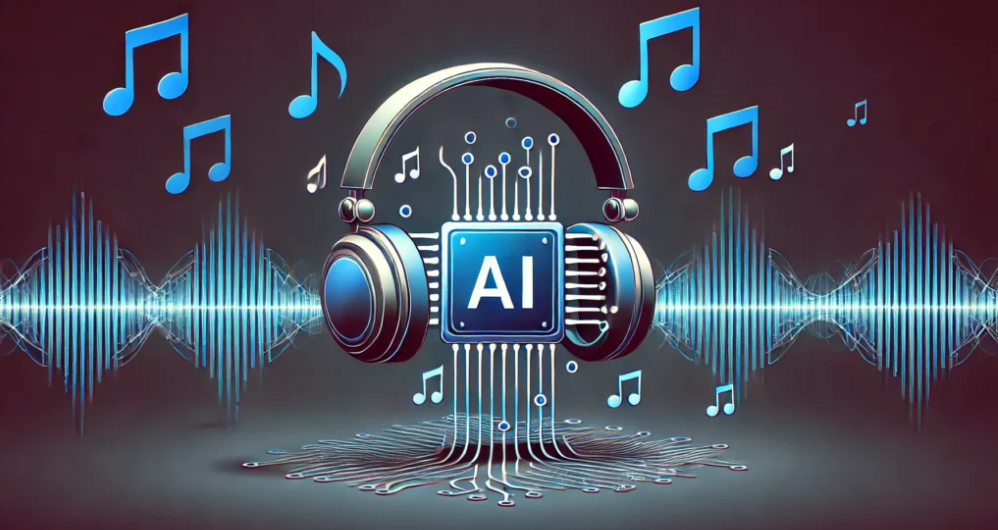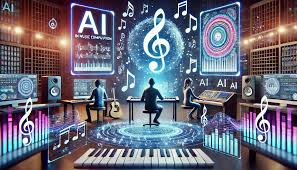AI music generators like Suno, Boomy, AIVA, and MusicGen have opened the floodgates for creators to produce songs in minutes. Whether you’re a hobbyist, marketer, or indie artist, AI tools now offer unprecedented access to music creation. But as powerful as these platforms are, they’re not without serious limitations.
In this article, we explore the key limitations of AI music generators in 2025—covering creative, technical, legal, and ethical challenges. Knowing these boundaries will help you use these tools wisely and avoid overestimating their capabilities.
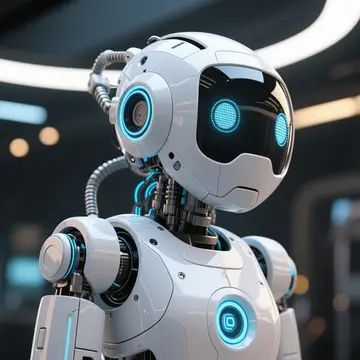
1. Lack of Emotional Depth and Authenticity
AI can analyze patterns and replicate musical styles—but it cannot feel. This results in songs that may sound professional but lack:
Genuine emotion
Artistic intention
Spontaneity
AI struggles with expressing personal stories or cultural nuance the way human songwriters or producers can.
2. Limited Lyric Quality (in Most Tools)
While some platforms like Suno generate decent lyrics, most AI lyrics:
Sound generic or cliché
Lack narrative progression
Struggle with abstract or poetic expression
AI is improving, but it still lacks the nuance to write lyrics as layered or metaphorical as a human songwriter.
3. Repetition and Predictability
AI models are trained on large datasets of existing music, which leads to:
Reused chord progressions and melodies
Formulaic structures
Songs that feel “machine-made”
In short, the music often lacks innovation. AI rarely takes creative risks unless it's fine-tuned to do so.
4. Limited Genre Support
Many AI generators excel in popular genres like:
Pop
Lo-fi
EDM
Hip-hop
But they often underperform in niche or complex genres such as:
Jazz improvisation
Classical composition with dynamic phrasing
Progressive rock
Avant-garde or experimental music
Genre accuracy depends on the quality and diversity of the training data.
5. Lack of Real-Time Interactivity
Most AI music generators work in one-shot mode:
You enter a prompt or input
The AI returns a finished result
There’s limited real-time feedback, live tweaking, or instrument-level control, which can frustrate musicians wanting a dynamic, collaborative workflow.
6. Legal and Copyright Ambiguity
AI-generated music brings up major legal questions:
Who owns the rights to the AI-generated song?
Can it be copyrighted under U.S. law? (Currently, no, unless there's enough human input.)
Is it safe to release commercially?
Some platforms like Boomy or Soundful grant users commercial licenses, but many free tools don’t.
7. No Human Vocal Emotion
Most AI tools use synthetic or stylized vocals that:
Lack expressive dynamics
Can’t mimic human breathing or phrasing
Sound robotic or artificial
Although tools like Suno and Udio offer realistic AI vocals, they are still far from studio-level voice performance.
8. Dependency on Prompt Quality
Text-to-music generators (like MusicGen or Riffusion) rely heavily on input prompts. If the prompt is vague or poorly written:
The results can be weak or mismatched
Output may not reflect your creative vision
Users need to iterate multiple times to get usable results
Good prompt writing is a skill in itself—and not everyone has it.
9. Hardware and Access Limitations (for Local Use)
If you want to install AI music generators locally (like MusicGen or Riffusion):
You’ll need a powerful GPU (12GB+ VRAM)
Setup can be technically complex
Most tools are built for developers, not musicians
This limits accessibility for non-technical users.
10. Not Suitable for Professional Releases (Yet)
While some AI tracks have gone viral or been released on Spotify, most AI-generated songs:
Need heavy post-editing
Lack mixing/mastering depth
Are not yet ready for radio, sync licensing, or film scoring at a professional level
You still need a human producer or sound engineer for high-end music quality.
Conclusion: AI Music Generators Are Tools—Not Replacements
AI music generators offer speed, accessibility, and endless creative inspiration. But they are still far from replacing human artists. The tools excel at idea generation, demos, and content for short-form media—but fall short in delivering emotional, innovative, and legally sound professional-grade music.
As the technology matures, these limitations will shrink—but in 2025, human creativity remains irreplaceable.
FAQs: Limitations of AI Music Generators
Can AI music generators replace composers or producers?
No. They can assist with songwriting or demo creation, but they can’t replace human creativity, taste, or emotional understanding.
Is AI music ready for commercial release?
Some tracks are. But most require manual editing, mixing, and mastering to meet industry standards.
Can AI generate lyrics and vocals?
Yes, but the results are often generic. Real vocal expression still requires a human touch or heavy editing.
Why does AI music sound repetitive?
Because models are trained on existing music patterns and often choose safe, predictable combinations.
Do all AI music tools come with a license?
No. Always read the platform’s licensing terms—some prohibit commercial use on free tiers.
Learn more about AI MUSIC


